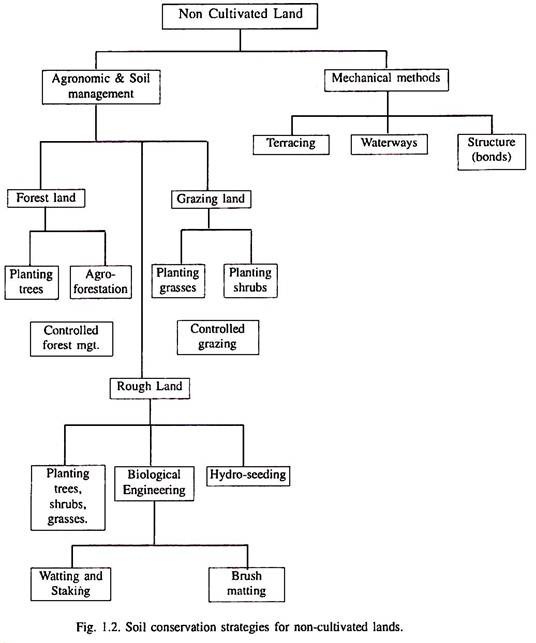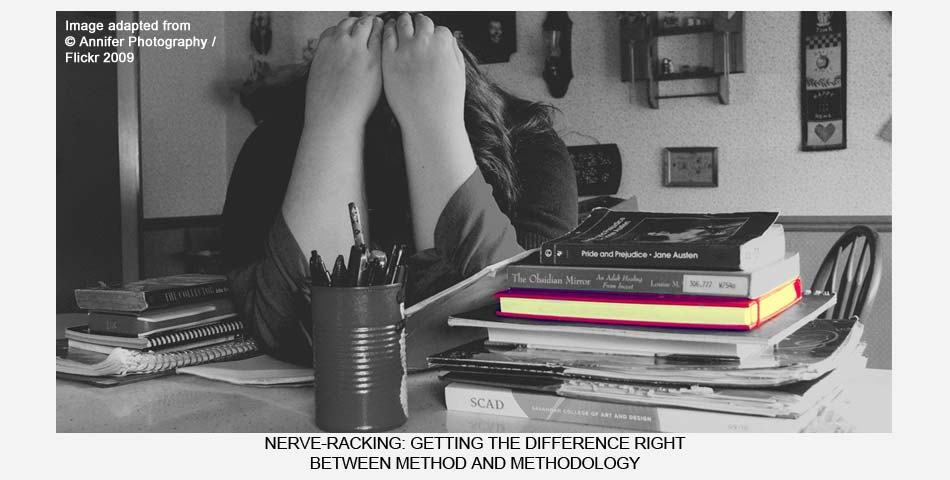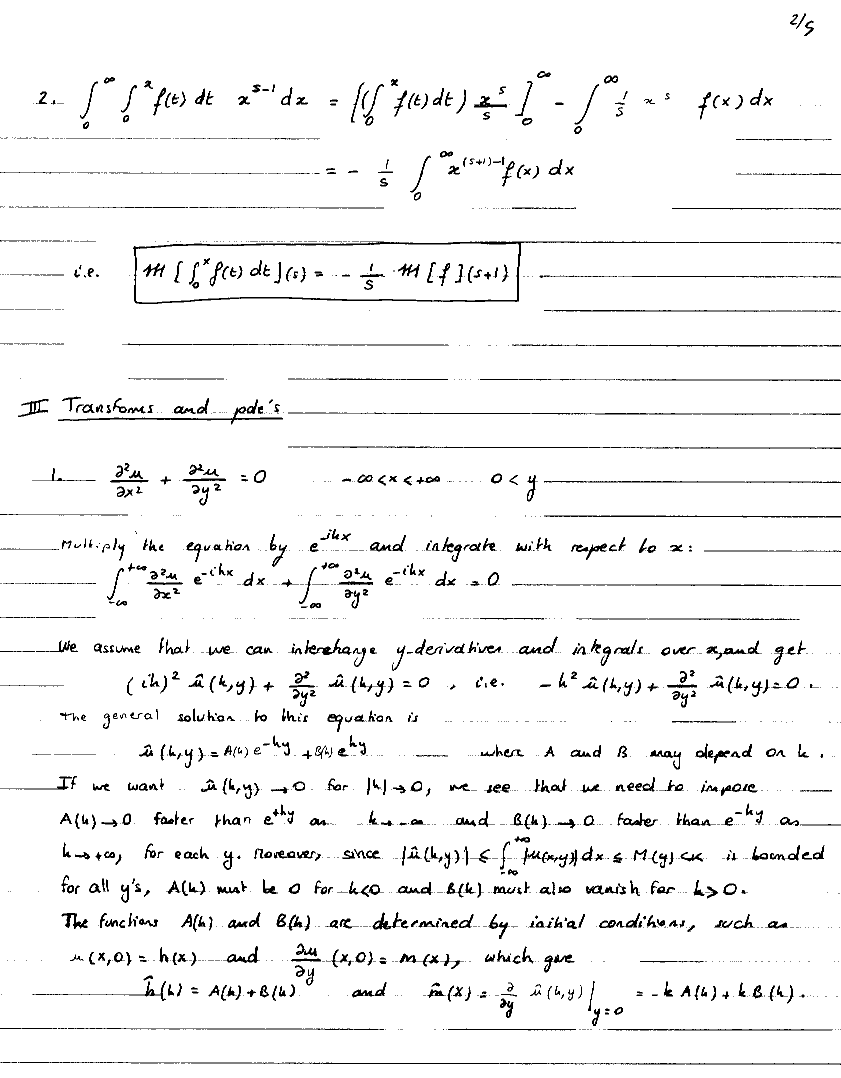Class, Status, Party, By Max Weber Essay -- Sociology, Max.
The Distribution of Power within the Political Community: Class, Status, Party (1914): by Max Weber Summary In “The Distribution of Power within the Political Community: Class, Status, Party”, Max Weber discusses the two types of powers: social and economic.Weber gives a three dimensional model of stratification in terms of Class, Status and Party. All of these are kinds of competing interest groups in society. (A) Weber’s View of Class: Weber’s concept of class is similar to the one given by Karl Marx. He defines class as an economic interest group and as a function of the market place.Weber argues that class-interest, and action following from class-interest will only happen when there is a clear link between a given situation and the economic system. He thinks this, because something has to make the class see the issue as a class issue, not an issue about ethnicity, or region, or any of a host of other ways that people could interpret the situation.
Biography of Weber: Max Weber was born in Erfurt, Thuringia in 1864 into a prominent and well off family (weber 1930) was brought up in Berlin. He came from the German upper middle class. His father was a great figure in politics of the National Liberal Party and his mother was a house wife.Weber's discussion of class, status and party give an idea of how markets affect people, and how people form themselves into groups, partly as a result of markets and partly on the basis of other factors that are socially important.

Weber pointed out that class, status, and party all have a direct link to power and the social order which exists within a society. Lastly, author, Weber, tended to categorize the three subjects by repeatedly using the ideas of power and honor.












